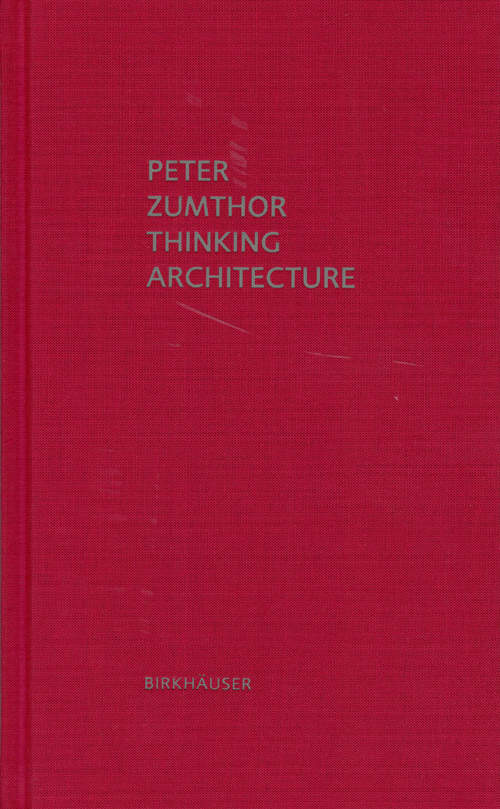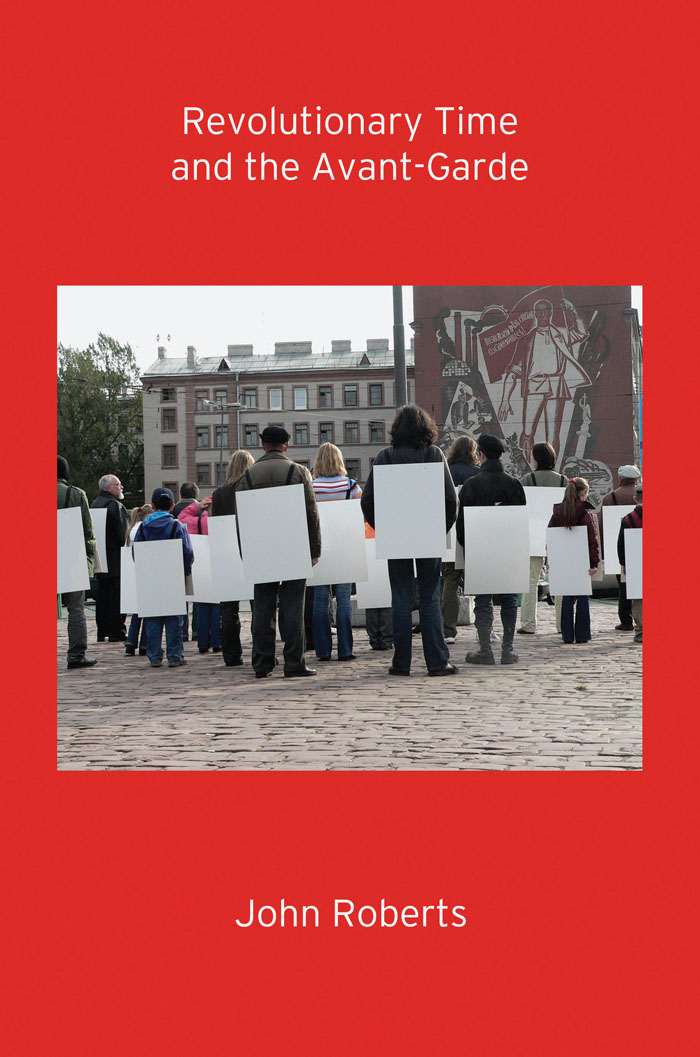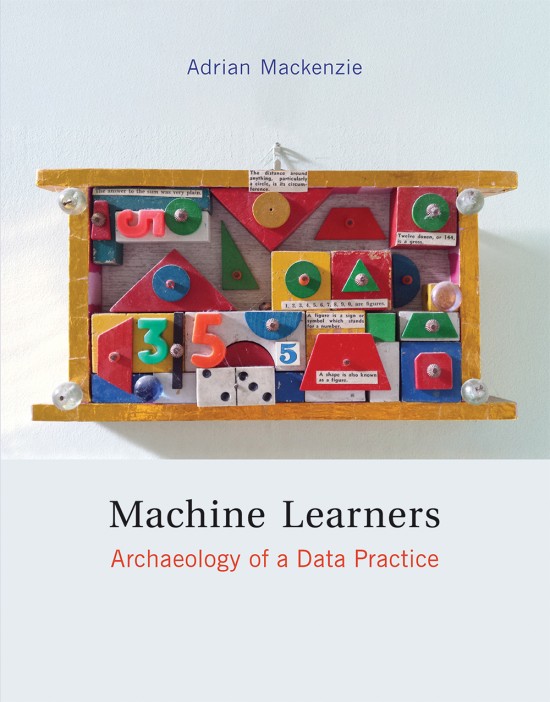Peter Zumthor: Thinking Architecture (1999)
Filed under book | Tags: · architecture, theory

“Architecture that is meant to have a sensuous connection to life calls for thinking that goes far beyond form and construction. In his texts, Peter Zumthor articulates what motivates him to design his buildings, which appeal to the visitor’s heart and mind in so many different ways and possess a compelling and unmistakable presence and aura.”
Translated by Maureen Oberli-Turner
With photographs by Hélène Binet
Publisher Birkhäuser, Basel, 1999
ISBN 3764361018, 9783764361013
62 pages
Reviews: Irina Davidovici (Architects’ Journal, 2006), Ayax Abreu Garcia (Review Architecture, 2018).
PDF (4 MB)
Comment (0)John Roberts: Revolutionary Time and the Avant-Garde (2015)
Filed under book | Tags: · aesthetics, art, art history, autonomy, avant-garde, capitalism, conceptual art, immaterial labor, labour, modernism, negation, neo-avant-garde, philosophy, politics, praxis, theory

“Why the avant-garde of art needs to be rehabilitated today
Since the decidedly bleak beginning of the twenty-first century, art practice has become increasingly politicized. Yet few have put forward a sustained defence of this development. Revolutionary Time and the Avant-Garde is the first book to look at the legacy of the avant-garde in relation to the deepening crisis of contemporary capitalism.
An invigorating revitalization of the Frankfurt School legacy, Roberts’s book defines and validates the avant-garde idea with an erudite acuity, providing a refined conceptual set of tools to engage critically with the most advanced art theorists of our day, such as Hal Foster, Andrew Benjamin, Alain Badiou, Jacques Rancière, Paolo Virno, Claire Bishop, Michael Hardt, and Toni Negri.”
Publisher Verso, London, 2015
ISBN 9781781689134, 178168913X
xii+322 pages
Reviews: Noni Brynjolson (Field, 2015), Danica Radoshevich (Red Wedge, 2015), Kim Charnley (Platypus Review, 2016), Geoffrey Wildanger (LA Review of Books, 2016).
Comment (0)Adrian Mackenzie: Machine Learners: Archaeology of a Data Practice (2017)
Filed under book | Tags: · abstraction, algorithm, archaeology, artificial intelligence, code, data, diagram, error, information science, information theory, knowledge, machine learning, mathematics, neural networks, programming, theory

“If machine learning transforms the nature of knowledge, does it also transform the practice of critical thought?
Machine learning—programming computers to learn from data—has spread across scientific disciplines, media, entertainment, and government. Medical research, autonomous vehicles, credit transaction processing, computer gaming, recommendation systems, finance, surveillance, and robotics use machine learning. Machine learning devices (sometimes understood as scientific models, sometimes as operational algorithms) anchor the field of data science. They have also become mundane mechanisms deeply embedded in a variety of systems and gadgets. In contexts from the everyday to the esoteric, machine learning is said to transform the nature of knowledge. In this book, Adrian Mackenzie investigates whether machine learning also transforms the practice of critical thinking.
Mackenzie focuses on machine learners—either humans and machines or human-machine relations—situated among settings, data, and devices. The settings range from fMRI to Facebook; the data anything from cat images to DNA sequences; the devices include neural networks, support vector machines, and decision trees. He examines specific learning algorithms—writing code and writing about code—and develops an archaeology of operations that, following Foucault, views machine learning as a form of knowledge production and a strategy of power. Exploring layers of abstraction, data infrastructures, coding practices, diagrams, mathematical formalisms, and the social organization of machine learning, Mackenzie traces the mostly invisible architecture of one of the central zones of contemporary technological cultures.
Mackenzie’s account of machine learning locates places in which a sense of agency can take root. His archaeology of the operational formation of machine learning does not unearth the footprint of a strategic monolith but reveals the local tributaries of force that feed into the generalization and plurality of the field.”
Publisher MIT Press, November 2017
ISBN 9780262036825, 0262036827
272 pages
via A.B.
Review: Graham White (Computational Culture, 2021)
PDF (removed on 2018-8-20 upon request from publisher)
Draft and code samples on GIT

